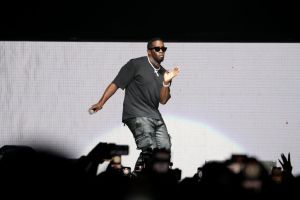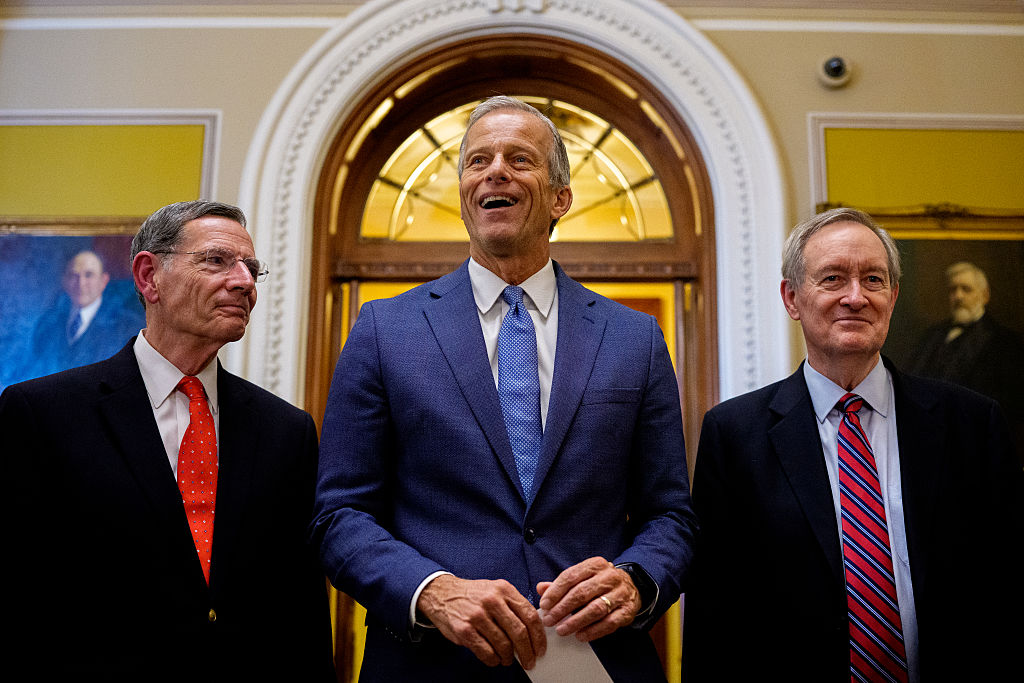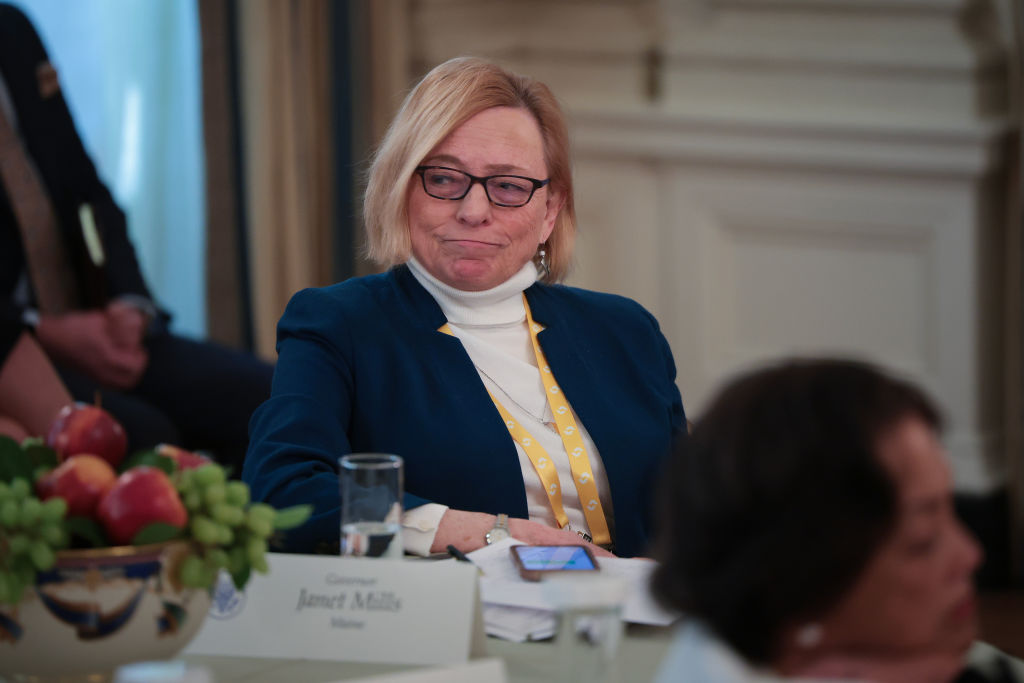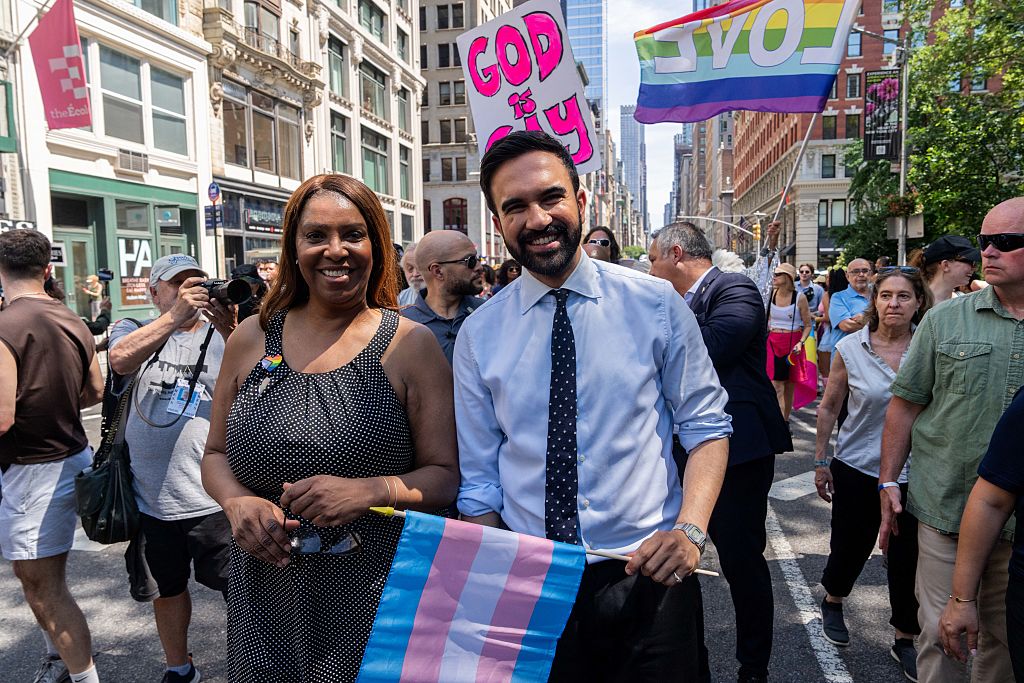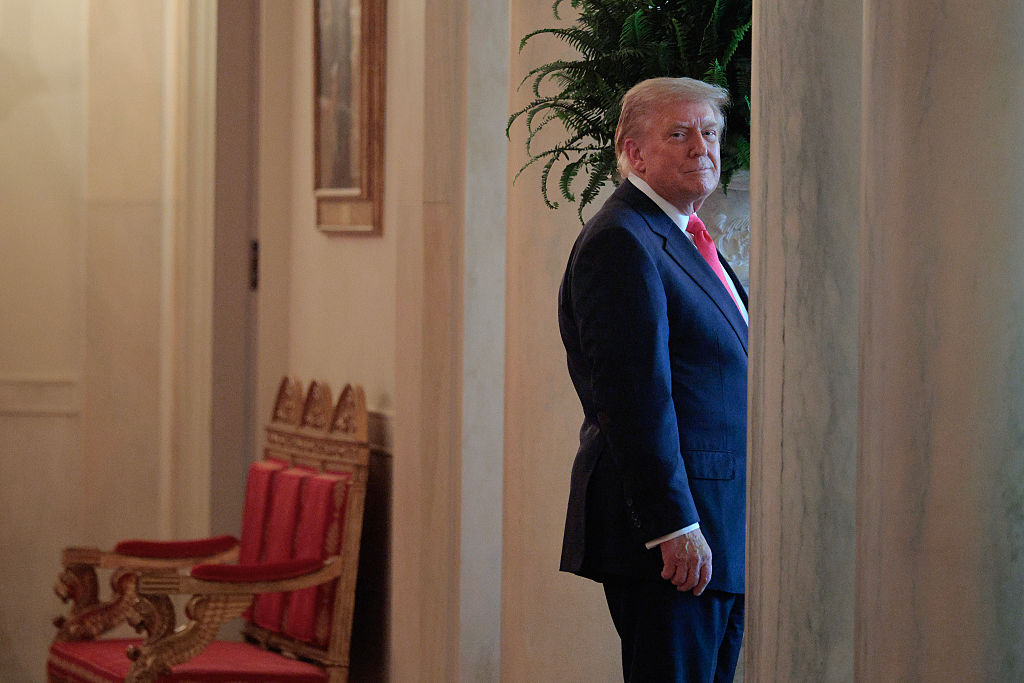In 1965, a trio of Harvard undergraduates launched Operation Match, a computer dating service for horny undergraduates at New England’s single-sex colleges. A journalist for Look magazine came to cover the sensation. ‘Call it dating, call it mating, it flashed out of the minds of…Harvard undergraduates who plotted Operation Match, the dig-it dating system that ties up college couples with magnetic tape,’ he wrote. Dig-it, it may have been, but Operation Match didn’t last out the decade.
Haltingly, internet dating services took over the market and, right through the 2000s and into the early 2010s insisted that — unlike their predecessors — they were now entirely stigma-free, totally ‘normal’. But it wasn’t quite true.
Journalists would tout unverified statistics that ‘one in 10’ and then ‘one in five’ and then ‘one in four’ relationships were beginning online. Like all coverage of mediated matchmaking that came before, such stats felt hollow. There was still a peripheral, slightly malodorous feel to it all, just as there had always been right back to the 1890s when the first major matrimonial services appeared.
The journey has been long, then, but last week any lingering vestiges of peripherality hanging round dating services were violently and utterly quashed. Bumble, the dating app where women have to make the first move, floated on the stock market for $8.2 billion, shooting up to $13 billion and making its founder, Whitney Wolfe Herd, America’s youngest female self-made billionaire. ‘This is only possible thanks to the more than 1.7 billion first moves made by brave women on our app — and the pioneering women who paved the way for us in the business world,’ she said in a tweet.
With dollar signs like that flying about, it is safe to say that online dating is completely indistinguishable from the way we live now. Dating without Bumble is like going for a run without shoes on — eccentric and difficult.
Bumble, following Tinder and Grindr, an app for gay men, was not the first out of the gate, but it has won the race. The question is: why? The most obvious answer is branding and timing. An app in which women have to make the first move would not have made sense, let alone caught fire, a decade ago. In order to flourish, Bumble needed a #Metoo-y world, in which female empowerment not only ticked a policy box but became marketing gold. Bumble works because everyone, including the many millions of men signed up, agrees that it’s a good thing for women to ‘make the first move’.
But Bumble’s success can be read a different way. Bluntly put, Bumble makes women do more of the work and this work is dressed up as being to their advantage — patriarchy’s winning formula for time immemorial. In dating, the extra work is particularly unwelcome, since the burden of relationship formation and maintenance falls already more on women, partly because of biology and partly because women find ‘casual’ arrangements harder in practice than men do. Sex is much more fraught and with greater consequences, psychological and physical, for women than men. Meanwhile, women pay their way, often more; strenuously defend their physical boundaries and work overtime to make men feel comfortable with commitment. And now they must also send all the first messages. Sure, this may cut the number of unwanted images of male genitalia foisted on female daters, but the gain in other respects seems thin. For one thing, men can be perfectly unpleasant even if they haven’t sent the first message.
Crucially, and contrary to Bumble’s shtick, empowerment does not reside in who makes the first move. Actual empowerment — still a world away — would see women bestowed with the power to woo, to change a man’s mind, to work on him till he gives in, to court him. Yet women who persist like this are still seen as an embarrassment; desperate, unable to read cues. And their efforts are generally wasted.
It’s not hard to see why men have signed up in droves to Bumble. While women are laboring under the idea that the site runs on feminist logic and men get to look like they agree, in fact it’s just easier. All men have to do — all they can do — is swipe away, sit back and watch the cute messages roll in.
The Bumble brand has masterfully swelled to fit the times, with its purported bedrock of feminism proving a stepping stone to other equally lucrative tenets of woke. In June, as the Black Lives Matters protests got into gear, officious messages appeared between swipes, such as one proclaiming: ‘Bumble stands in solidarity with Black Americans and the global Black Lives Matter movement in the fight to end systemic racism everywhere… As a company, we’re auditing every part of our business to uncover anti-blackness, racism and inequality’. The message went on to ‘urge our community to report racism you see on the app’.
Meanwhile a large number of genders and sexual identities are offered — and users are free to decline to show their gender at all. Even so: ‘If you don’t see a gender option that fits you perfectly, please let us know by tapping on “Suggest another option” at the bottom of the list,’ reads its website. ‘Additionally, if you run into any snags when selecting your gender, our support team is always available to help you here.’
Bumble works, as any at-scale dating service does. I know several people living happily ever after thanks to Ms Wolfe’s idea. I myself have had some fun through Bumble. And the fact of the matter is, its feminism-forward, ‘inclusive’ brand has lured more progressive-ish (read: respectable) men and women than any other. Bumble buzzed in at the right time, but has made women work harder than ever for the right to go first.
This article was originally published on Spectator Life.










